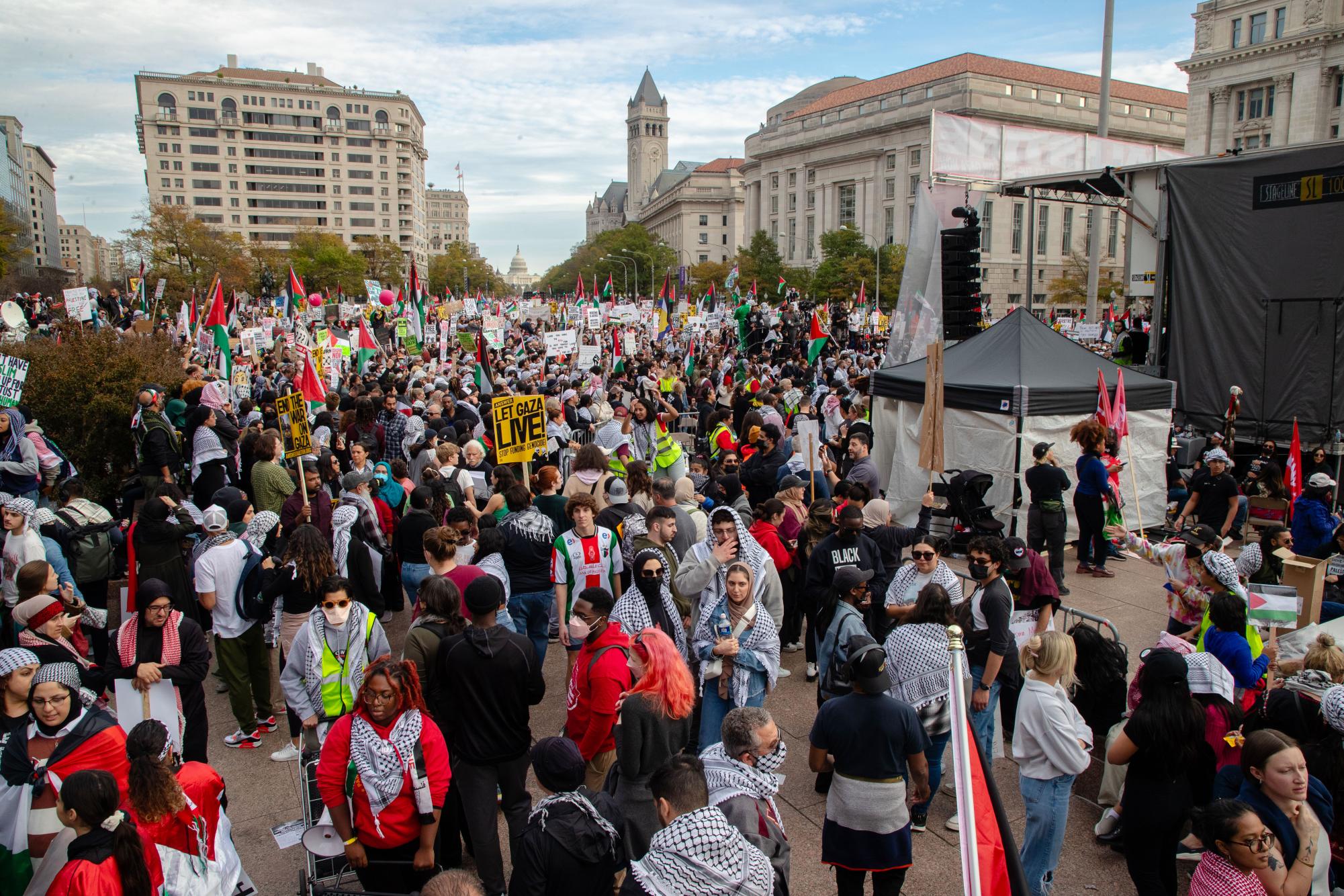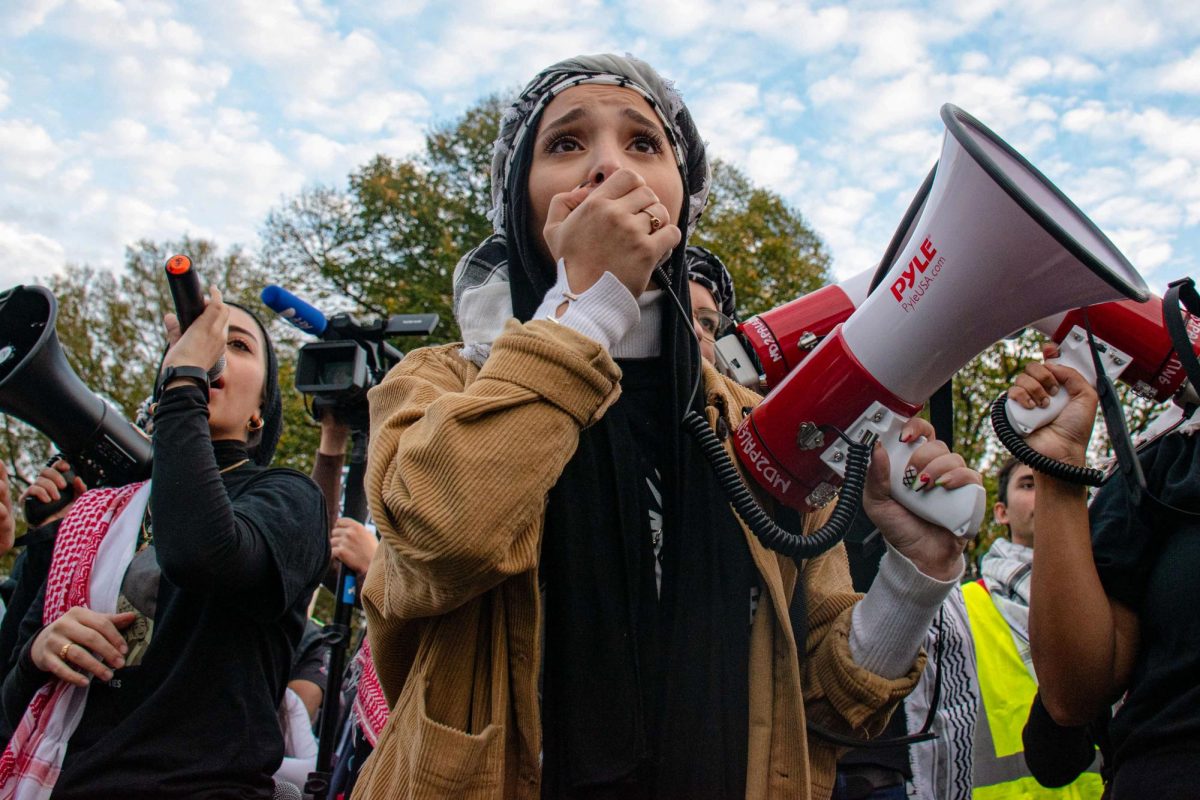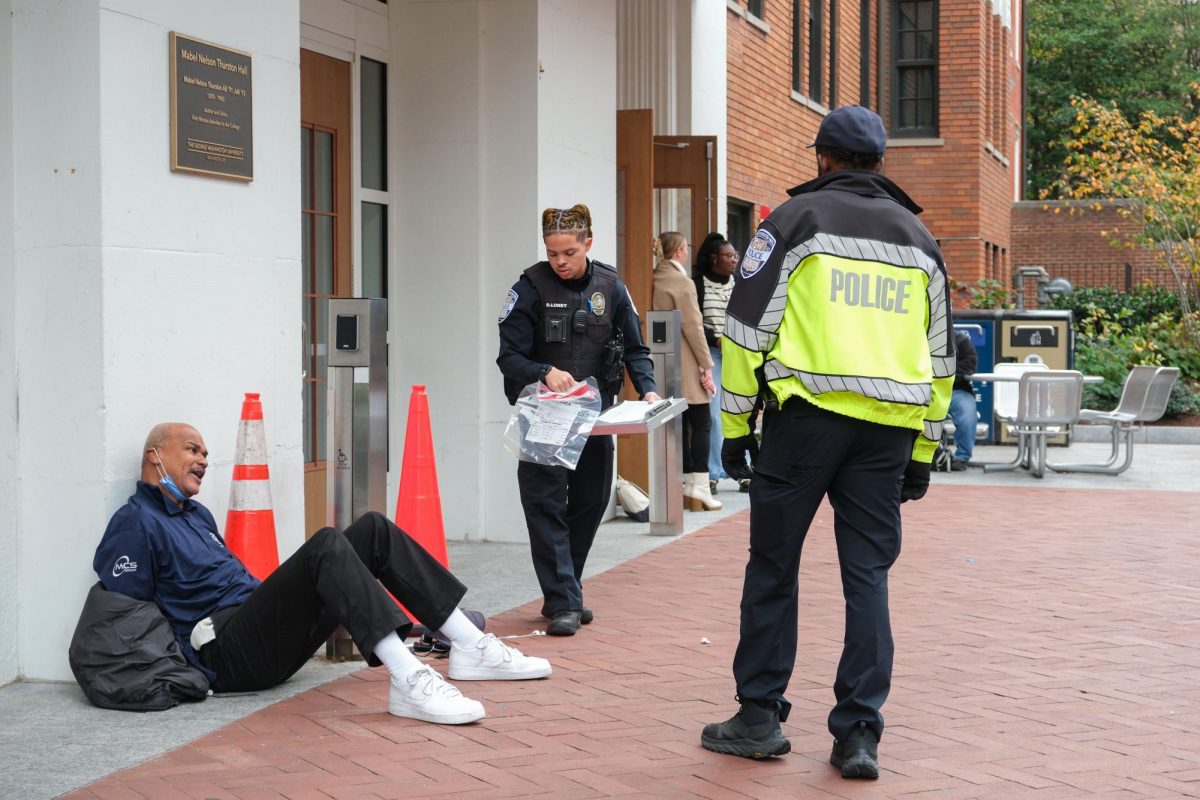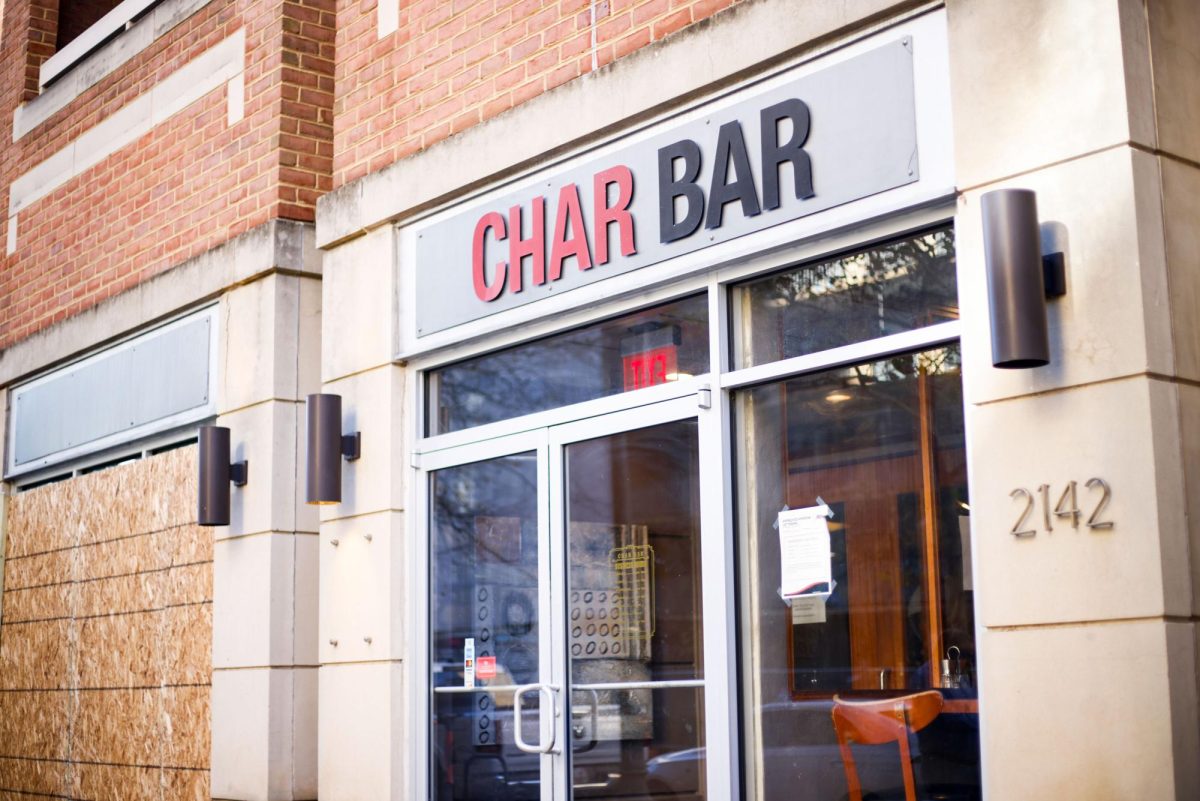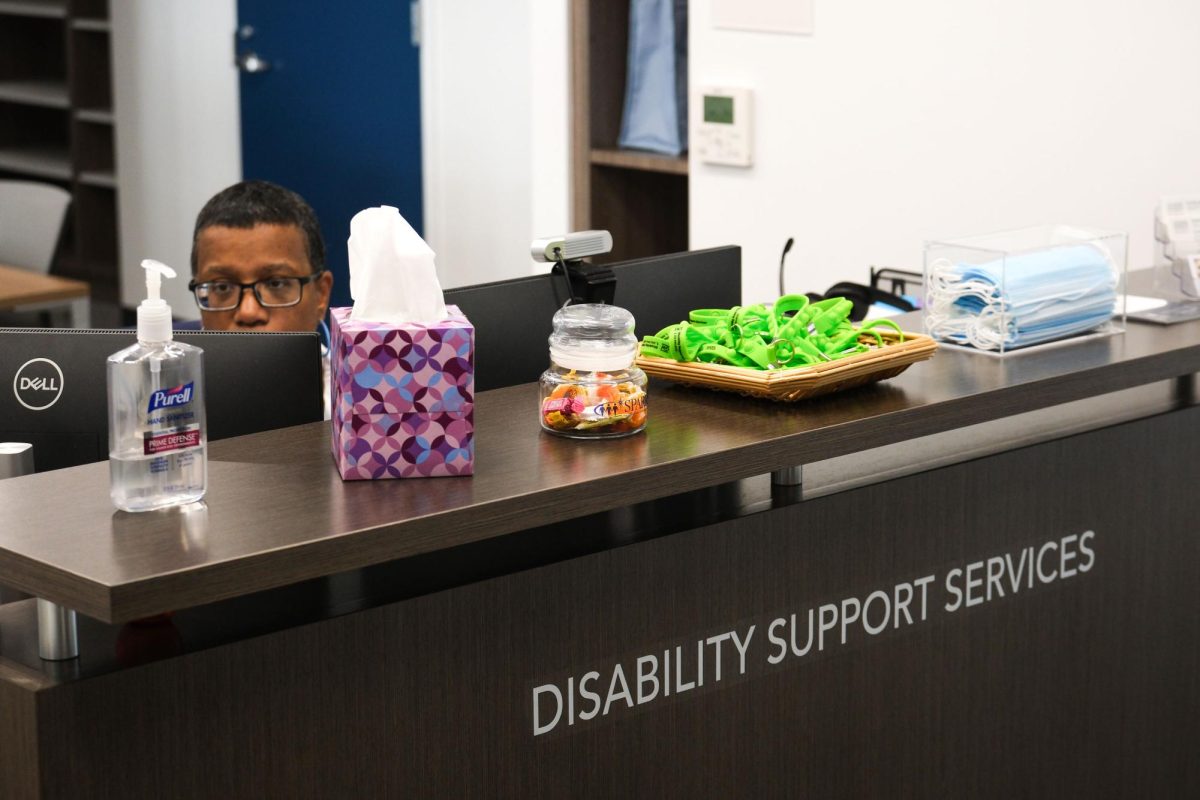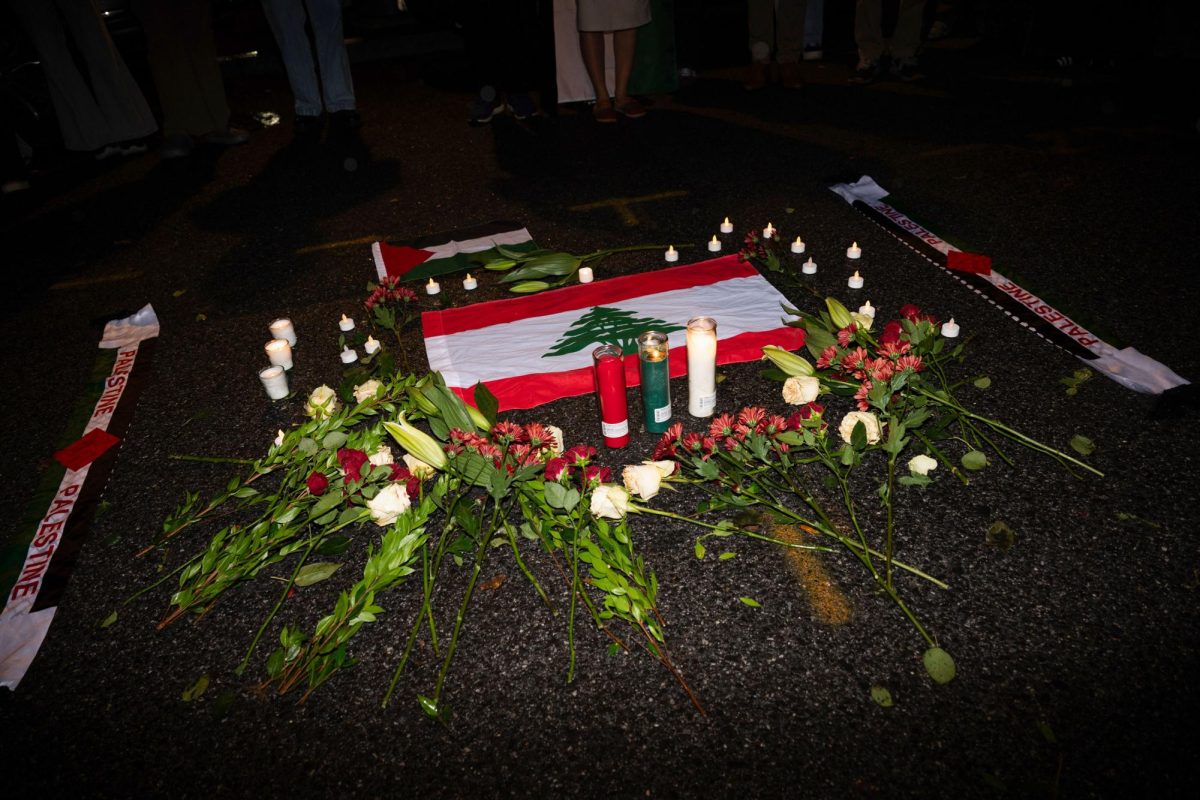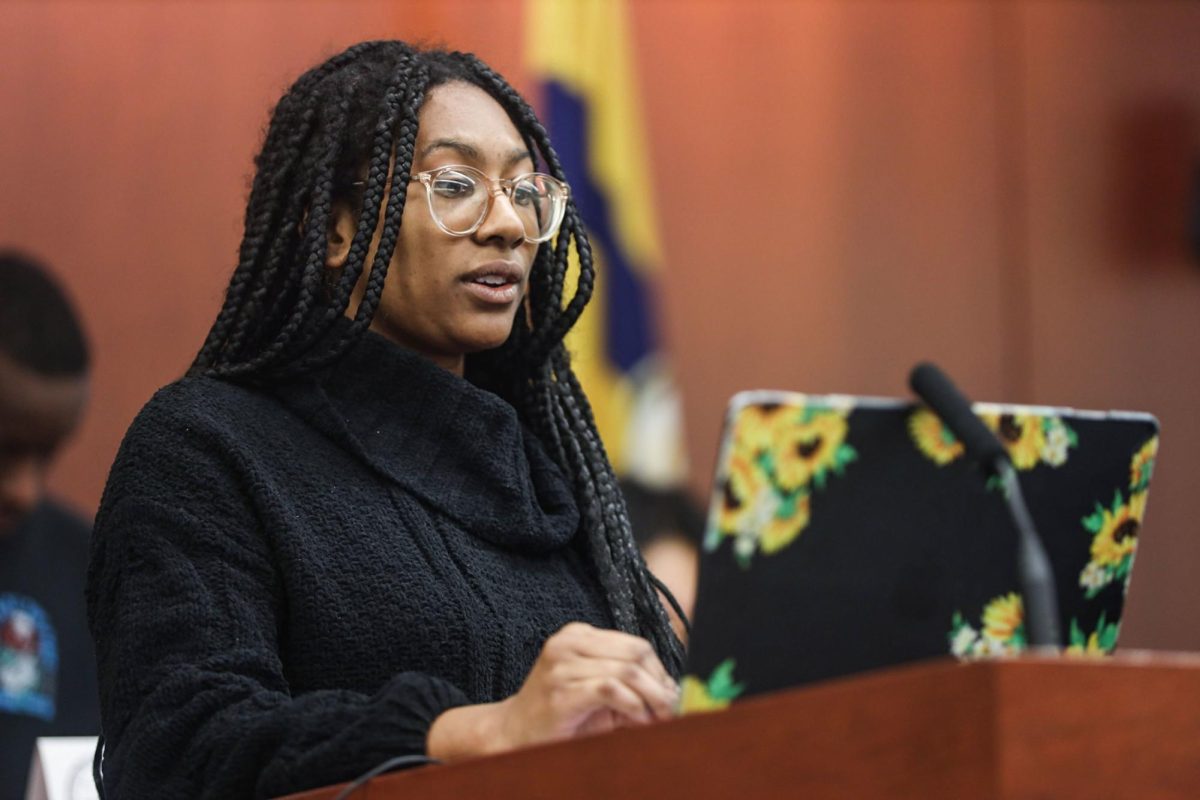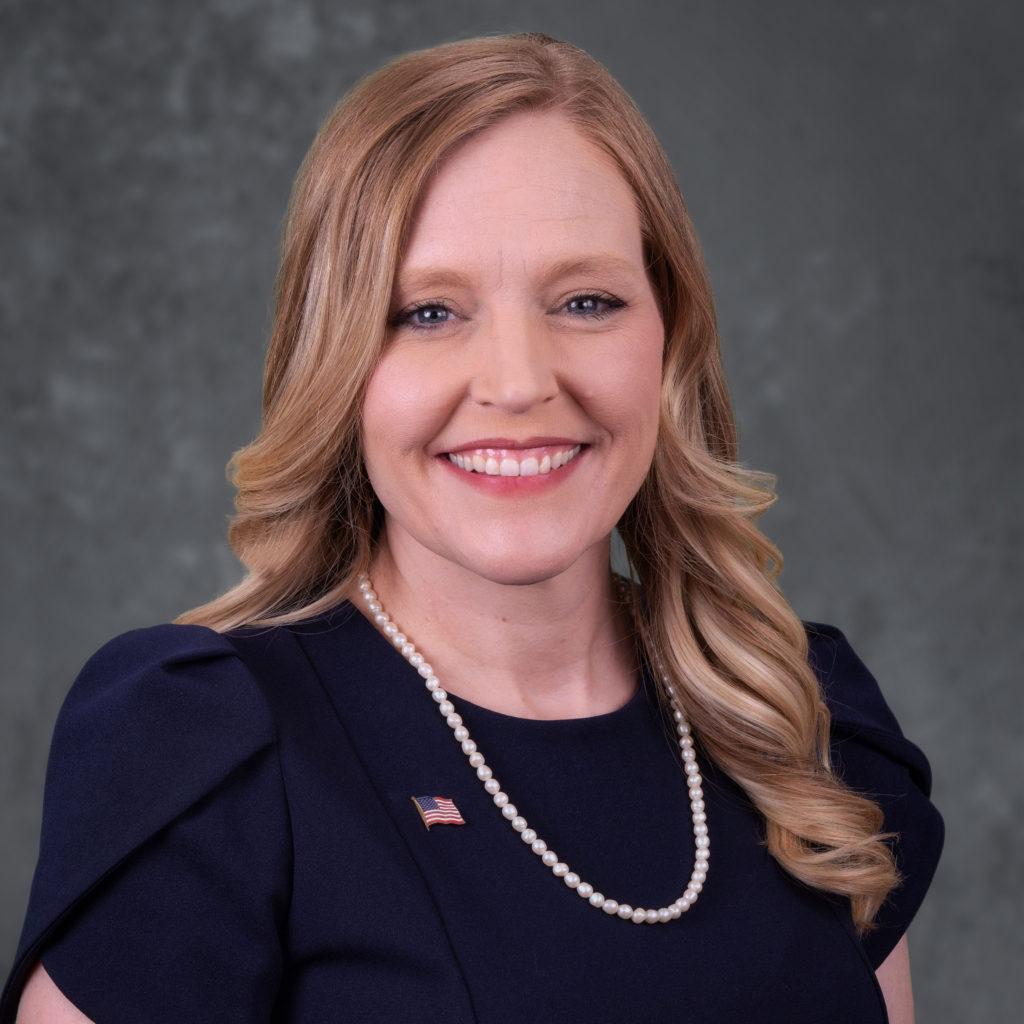Tens of thousands of protesters gathered in Freedom Plaza Saturday calling for a cease-fire in the Gaza Strip.
Both local protesters and people visiting from cities like Boston, New York and Chicago gathered, chanted and listened to speeches calling for the liberation of Palestine and an end to American aid to Israel. Protesters marched to the White House, calling on President Joe Biden to push for a cease-fire in Gaza following Israel’s continued airstrikes and the siege on Gaza City as the United States calls for a “humanitarian pause.”
Pro-Palestinian demonstrators simultaneously marched Saturday in cities like Milan, Paris and Berlin.
The D.C. protest began at 2 p.m. in Freedom Plaza and featured roughly three hours of speakers from numerous advocacy groups before protesters joined those who had already left before the speeches concluded to march to the White House. Protesters marched from Freedom Plaza, up to McPherson Square and toward the Farragut North Metro stop before looping down to the White House.
Metropolitan Police Department officers closed the nearby streets and followed the march on bicycles, with an MPD-operated helicopter circling Freedom Plaza throughout the event.
Banners throughout the demonstration read “Israel is committing genocide with our tax money” and “Stop U.S. aid for Palestinian genocide.” Protesters carried three coffins with Palestinian flags draped over them to symbolize the loss of Palestinian life in Gaza. Multiple rabbis wearing shtreimel — a fur hat worn by some Jewish men on Jewish holidays and other occasions — held signs that read “Authentic Rabbis always opposed Zionism and the State of Israel,” and “Judaism condemns the State of ‘Israel’ and its atrocities.”
Muslim protesters stopped to do daily prayers throughout the rally, unfurling mats at nearby quiet areas. Other protesters banged drums, blew whistles and chanted “Free, free Palestine,” “Cease-fire now,” “From the river to the sea, Palestine will be free,” “The people united will never be divided” and criticizing Biden’s role in “genocide.”
Israel declared war on Hamas — a Palestinian militant group that rules over Gaza which the United States and European Union consider a terrorist organization — on Oct. 8, the day after Hamas launched a surprise attack on Israelis on a Jewish holiday.
As of Sunday, at least 9,770 Palestinians have been killed — including 4,000 children — according to Gaza’s Hamas-run Health Ministry.
Biden and Secretary of State Antony Blinken urged Israeli leaders to implement “humanitarian pauses” on military action in Gaza, but human rights advocates have said they are inadequate to stop the devastation in Gaza, where the United Nations has expressed concern over the Israeli military’s possible war crimes. Biden said the U.S. will still support Israel.
“In America, I feel guilty enough that our tax dollars is funding the genocide,” said Sarah Abunaser, a student at the University of Illinois Chicago. “Hopefully we can be loud enough that they can end the financial aid.”
The House passed a bill Thursday approving $14.5 billion in military aid for Israel. The U.S. provides $3.8 billion annually in military assistance to Israel from a plan that began in 2016.
Abunaser, who is Palestinian and has family in Gaza, said she traveled to D.C. to attend the protest after hearing about it on social media through organizations like Students for Justice in Palestine. She said she hopes protesters can make their voices loud enough to petition the U.S. government to stop leaders from funding the Israeli government.
Abunaser said it means “a lot” that there are so many people that are opening their eyes and understanding what is happening in the world. She said she has noticed that there has been a rise in Islamophobia and hate crimes since the Israel-Hamas war broke out, similar to the rise in Islamophobia after the 9/11 attacks.
Abunaser said she was taking public transportation in Chicago when she was approached by someone in the military who told her that she was a terrorist. She said she was also on a bus one time wearing pro-Palestinian insignia when she was approached by someone who said they disapproved of the message on her clothes.
“It’s been a little uncomfortable, especially wearing a hijab, or if I wear my hatta,” Abunaser said.
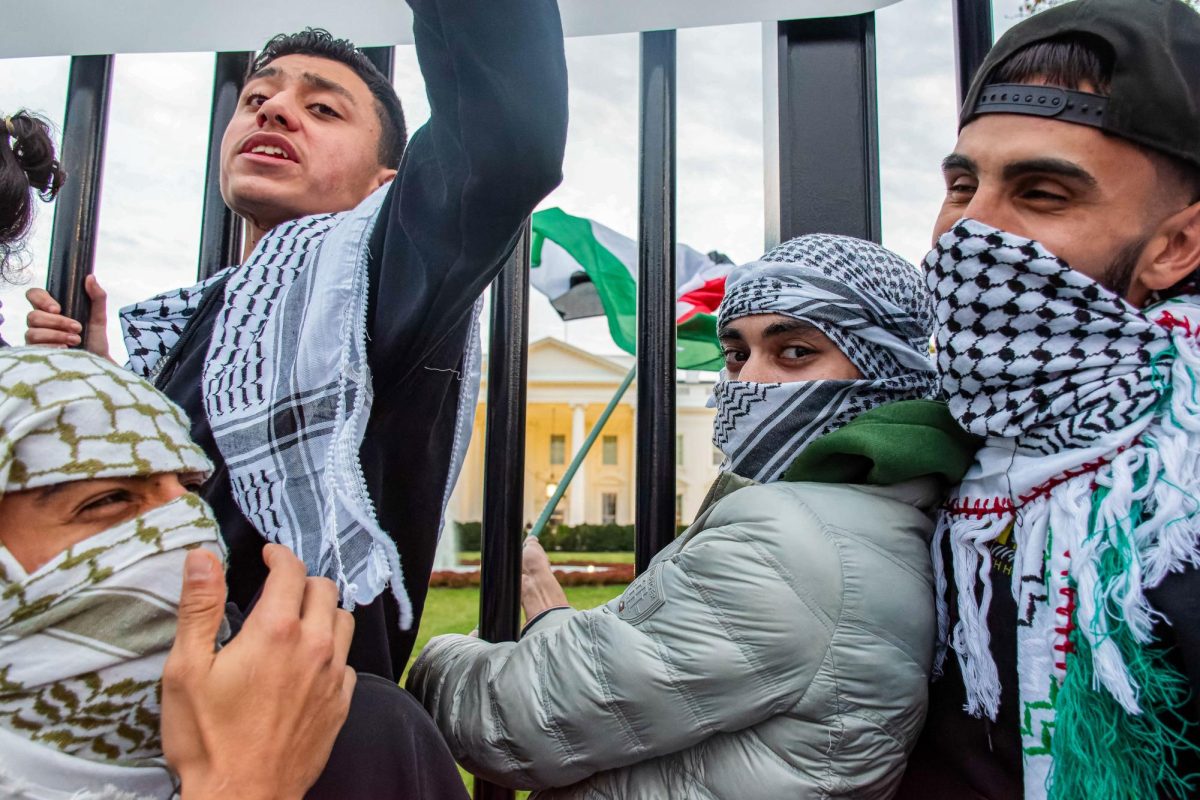
Lyndsi H., a protester from D.C. who declined to give her last name, said as a mother of a 10-month-old it’s disturbing seeing images from Gaza of parents carrying their children in body bags. She said she can’t understand how people use holy books as justifications for Israel occupying Gaza, like when Israeli Prime Minister Benjamin Netanyahu used the Bible last week to justify their attacks.
“I don’t understand how people can just go by and Zionists can continue to say that it’s okay, that it’s okay to keep a genocide going,” Lyndsi said, choking back tears. “These people have been under occupation for 75 years.”
Lyndsi, who is half-Black and half-white, said she sees similarities between the struggles of Palestinians and Black people and that she is protesting because “liberation for one is liberation for all.” She said she is tired of the U.S. funding Israel when government officials fail to fund solutions to domestic issues, like canceling student debt.
“This is not the world that I want my daughter to grow up in,” Lyndsi said.
Samira El-Amin, a student at Howard University, said she attended the protest because of the grief she feels for Palestinians in Gaza and to become more educated on the conflict in the region. She said she has joined previous movements like Black Lives Matter because she is an advocate for collective liberation and hopes people would do the same for her.
“If I want people to stand for my community, I need to do the same for other people,” El-Amin said.
Afton Rhodes-Lehman, a student at Eastern Mennonite University in Harrisonburg, Virginia, who studied in the West Bank over the summer, said she attended Saturday’s protest because she cares about her “brothers and sisters” in Gaza and Israel and that the connections she made while studying in the West Bank were valuable.
“There’s just so much power in most people, so much strength, so much art, beautiful people who need to be preserved and need to be respected,” Rhodes-Lehman said.


